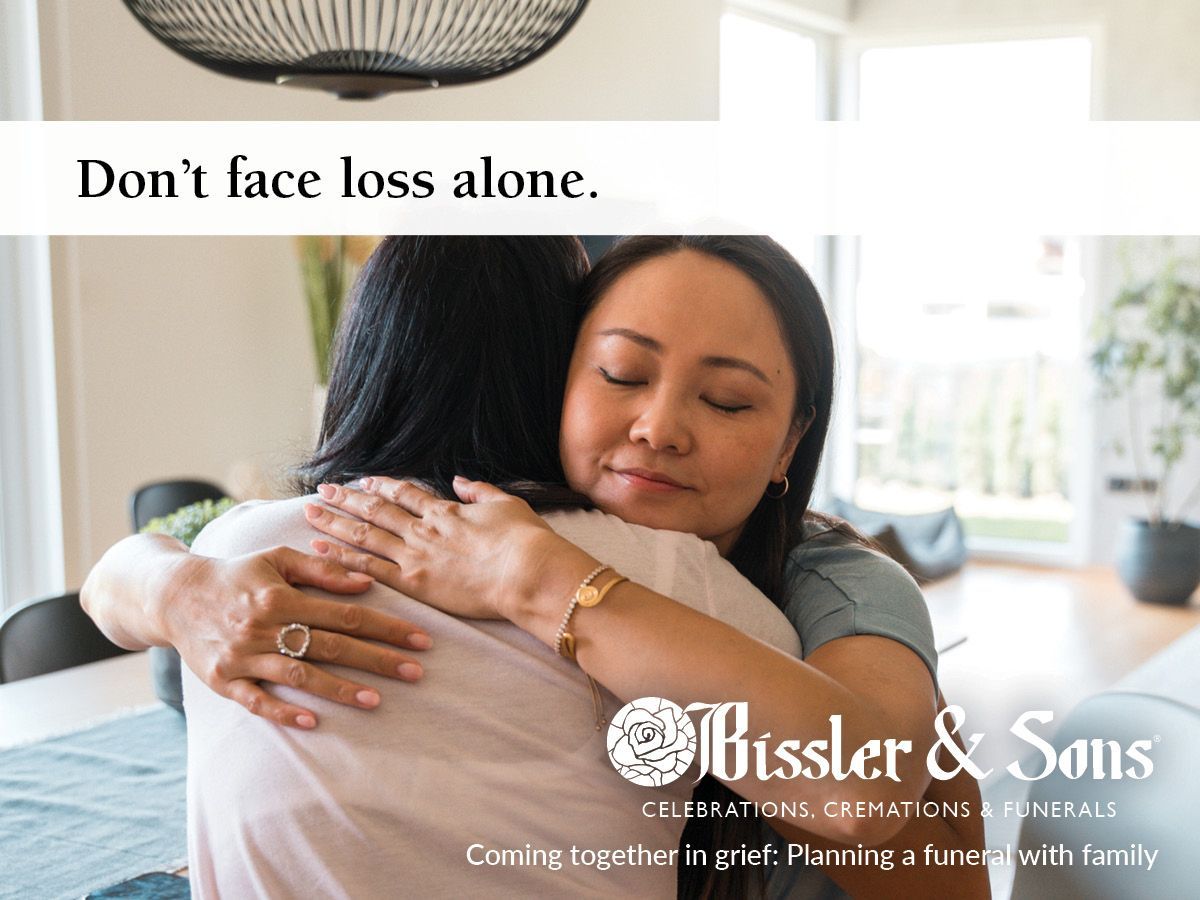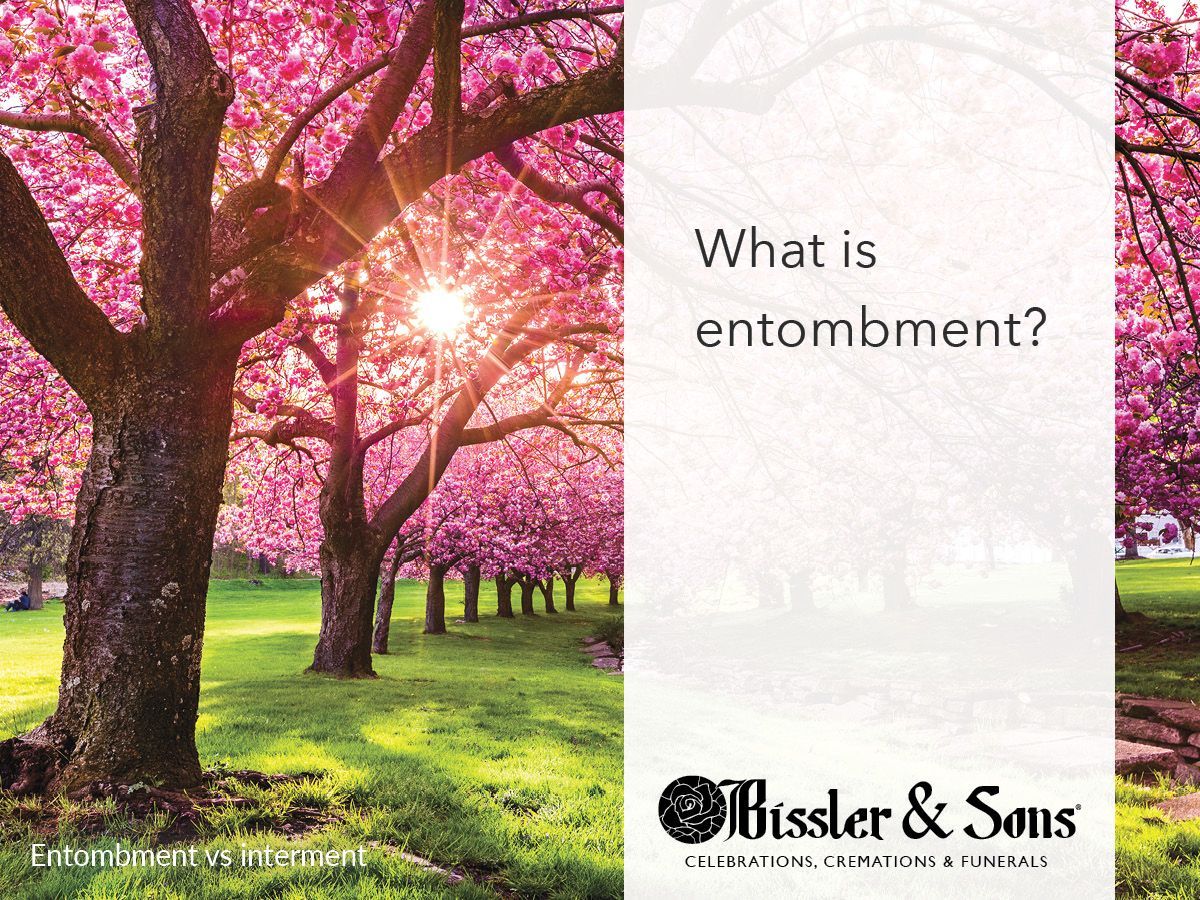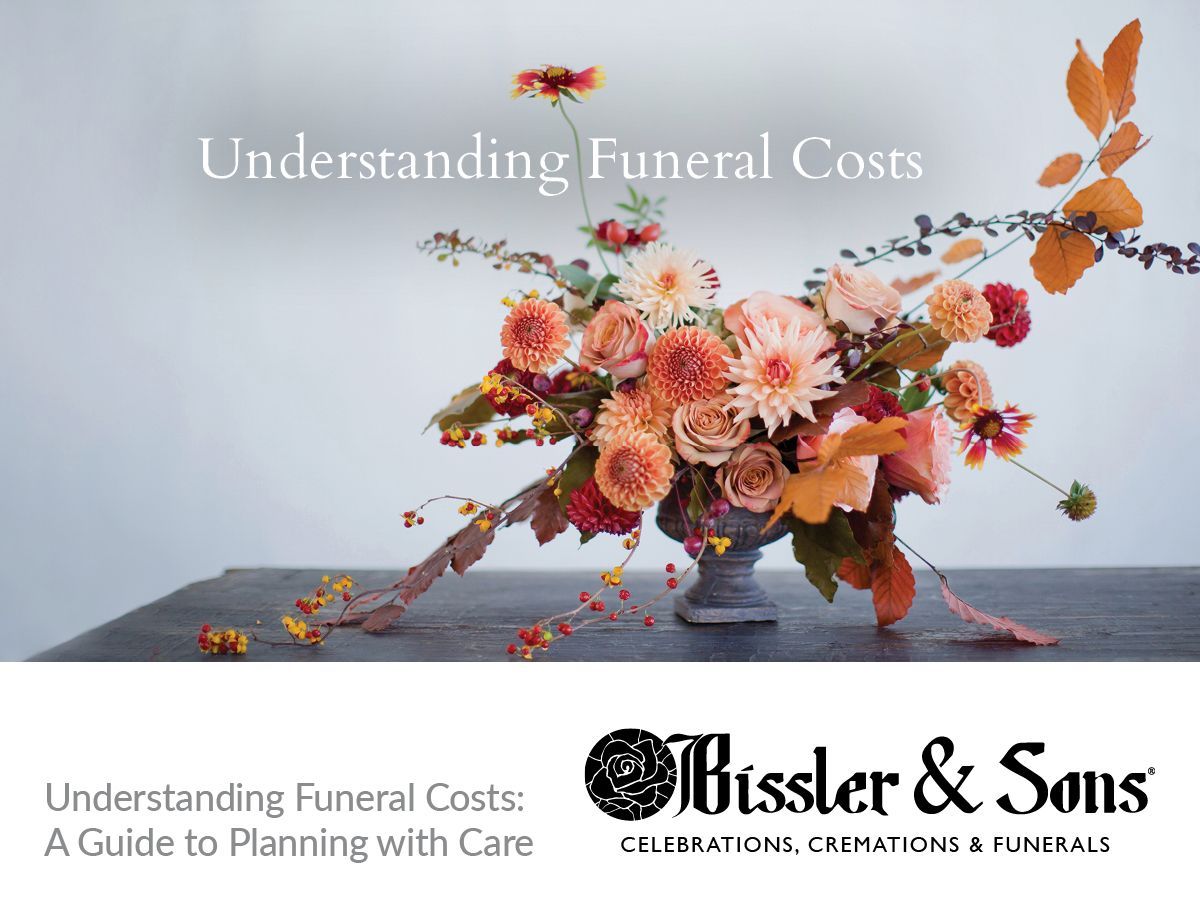What is a Retort? Is it the Same as a Crematory?
The world of funeral homes can be filled with unfamiliar terminology, and keeping track of it all gets confusing. Talking about cremation is no exception. So, what does it mean when someone says that they’re going to a crematory? What about a retort? Are those the same thing? Let’s break down the difference between these locations that are crucial to the cremation process.
What is a crematory?
A crematory, sometimes called a crematorium, is a facility where cremation occurs. These locations are where a decedent's body is put into a chamber and turned to ashes. Once the cremation occurs, the crematory operator will follow what you have selected on your Cremation Authorization Form as the next part of your loved one’s journey. That may mean that they enact the final disposition themselves or that your loved one will be returned to you for you to choose their final disposition, such as being scattered in a location they loved or being placed in a columbarium.
A crematory may exist on its own, but it may have other rooms that serve families who come to them for their loved one’s cremation. Some crematories have a space where families can have a cremation viewing. It’s worth noting, however, that most small crematories are not equipped for viewings. Additionally, it’s not possible to watch the full cremation. The family will only be able to see their loved one being prepared for their cremation and being placed in the cremation chamber.
Crematories are sometimes a part of the funeral home itself. When you work with a funeral home that contains a crematory, you’ll be able to plan your loved one’s funeral and their final disposition with your funeral director, who will ensure that your loved one receives a meaningful farewell.
If you work with a funeral home that does not have its own crematory, you can rest assured that your loved one will still receive essential care. Your funeral director will ensure that your loved one is transported to a licensed crematory that’s dedicated to providing high-quality support to those who come to them. Many crematories prefer to work directly with a funeral director to ensure that transportation is correctly planned and all necessary forms, including the vital Cremation Permit, are accounted for. Although you’ll have to provide information for the Cremation Authorization Form to obtain the permit, your funeral director will handle all the other details of your loved one’s cremation.
What is a retort?
A retort is sometimes confused with a crematory, but it’s actually located inside one. When someone refers to a cremation chamber or a cremation oven, they’re talking about a retort. These machines must operate at extremely high temperatures to ensure that the decedent can be properly cremated. Fire-resistant bricks often line the retort on the walls and ceiling, while specially-designed masonry is on the bottom, where temperatures are usually the highest.
Once a decedent is placed in a cremation container, they’re then moved into the retort, where they’re oxidized and then vaporized. The vapors that are released are filtered through the retort’s exhaust system. What remains is separated between organic and non-organic materials. The organic materials are then processed after cooling before being sealed in a bag and returned to their loved ones.
If your loved one wanted to be cremated, talk to your funeral director about the cremation process and about your crematory options. They’ll help guide you through the process and work with you to plan your loved one’s care.


















